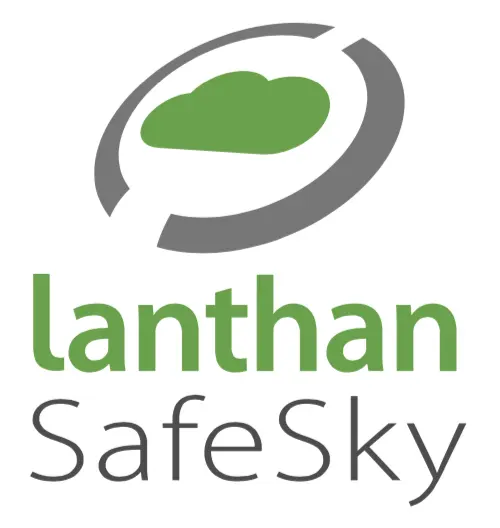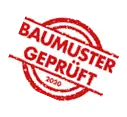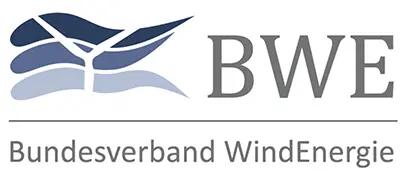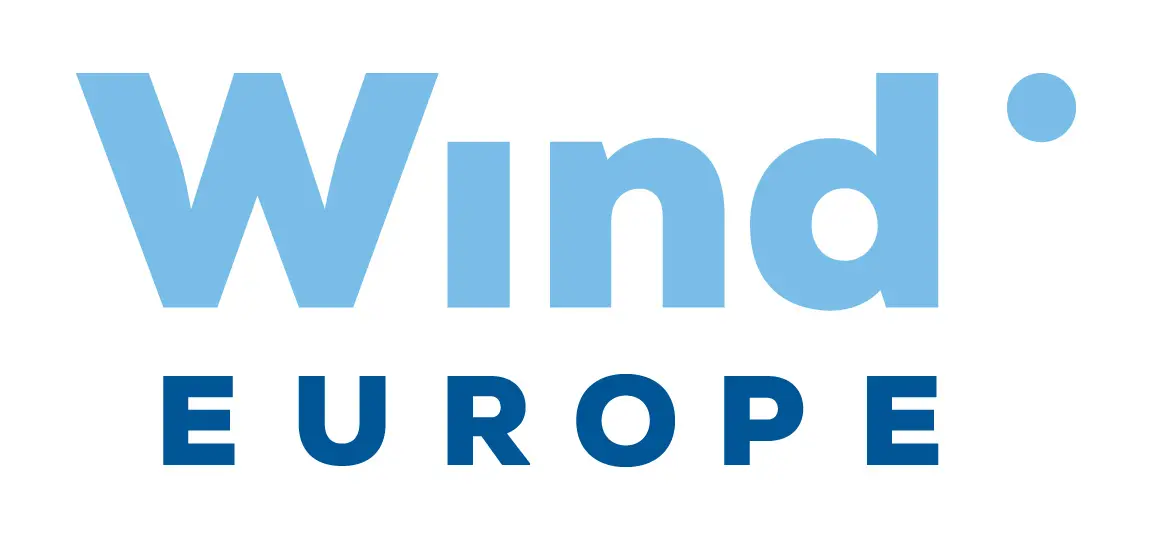
Lanthan Safe Sky looks back on a successful year 2023 with more than 1,500 aircraft detection lighting systems activated
- Three and a half years after it was founded, Lanthan Safe Sky (LSS) has established itself as the German market leader in the field of aircraft detection lighting systems (ADLS)
- 2023 was another challenging year, dominated by the installation and activation of the ADLS systems
- One-year deadline extension passed in the Bundestag
- Interest in acceptance-boosting measures is also growing internationally
Walldorf, December 18th 2023
The fourth year of LSS’ company history was once again characterized by milestones and growth, as well as being full of challenges. Co-Managing Director Henning von Barsewisch takes stock: “We made a big leap forward last year. This is reflected in the mark of 1,500 dark-connected wind turbines. Behind this lie many intensive steps to establish new processes in the field of tension between wind energy and aviation. This is a hugely extensive task that requires not only experience and expertise, but also a high degree of flexibility – not only from us, but also from our customers and partners.”
Progress with the installation and final activation of the ADLS systems has been the dominant theme in the last two quarters in particular. “We would like to be further along than we are. The aim was to switch all wind turbines to dark, but this was not feasible for the entire ADLS sector,” says Christian Hammer, Co-Managing Director. Legislators have taken this problem into account and last week the German parliament passed a new deadline extension of one year to January 1, 2025. “We welcome this adjustment, which takes reality into account,” explains Christian Hammer.
But despite all the challenges, LSS is satisfied with the developments of recent months. Jochen Fuglsang-Petersen, Head of Technology, reports: “We are making great strides forward and are constantly increasing the speed. In addition to the speed of implementation, we are also increasing the light-off time of our systems. Thanks to a solid team working on improving the software, we can detect air traffic more and more reliably and thus keep the lights on the wind turbines dark for longer – while ensuring complete safety for air traffic. And we see even more potential for improvement, for example in the area of multilateration.”
However, the newly acquired expertise is not limited to the area of technology. HR Manager Rebecca Prelle, who joined LSS in June this year, has had her hands full in the second half of the year: “There is almost no area in which we have not increased our staff, especially in project management. We are delighted to have new, motivated colleagues who are enthusiastic about our cause. The high level of satisfaction and cohesion in the team was also demonstrated in an employee survey that we conducted a few months ago. The results were consistently positive and speak for a special team spirit, which is great feedback from employees given our flexible remote model.”
LSS has also strengthened its business development team with Julian Bialk: “International markets are an important building block for our future. There is a lot of interest and we have our first projects in Europe, for example in France, the Netherlands and the UK. We are very much looking forward to ensuring greater acceptance of wind energy abroad with aircraft detection lighting systems!”





